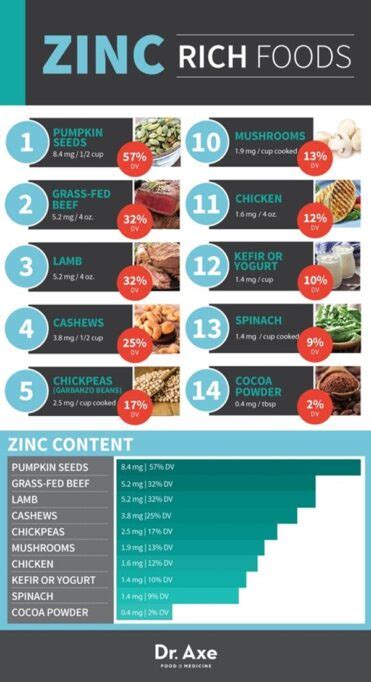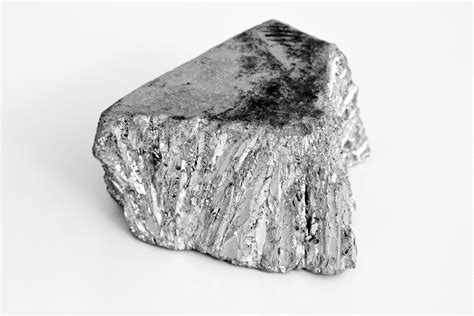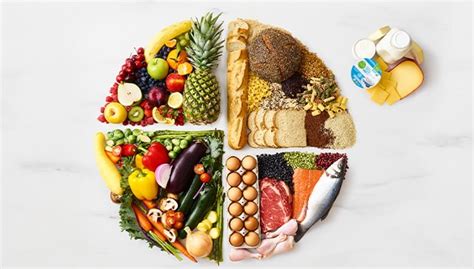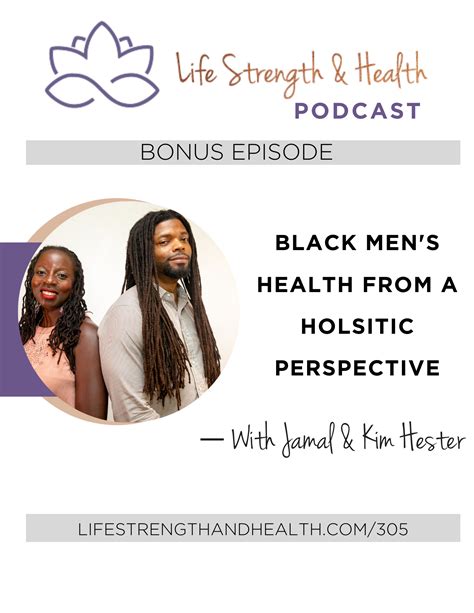Optimize diet to naturally boost male hormones & performance?

Many men seek ways to enhance their vitality, energy, and overall performance. While various factors contribute to these aspects, diet stands out as a fundamental, modifiable pillar. Optimizing your nutritional intake can profoundly influence hormone balance, particularly testosterone, which plays a crucial role in muscle mass, bone density, libido, and mood. This article explores how strategic dietary choices can naturally support and boost male hormone levels.

The Essential Nutrients for Hormone Synthesis
To produce hormones effectively, your body requires a steady supply of specific micronutrients. Deficiencies in these key players can directly impact hormone production:
- Zinc: A powerhouse mineral vital for testosterone production. Deficiencies are directly linked to lower levels. Good sources include oysters, red meat, poultry, beans, and nuts.
- Vitamin D: Often referred to as the “sunshine vitamin,” Vitamin D acts more like a hormone in the body and is strongly associated with testosterone levels. Fatty fish, fortified dairy, and sunlight exposure are key.
- Healthy Fats: Cholesterol, the precursor to all steroid hormones, including testosterone, comes from healthy fats. Monounsaturated and polyunsaturated fats (found in avocados, olive oil, nuts, seeds, and fatty fish) are crucial. Saturated fats in moderation also play a role.
- Magnesium: Involved in hundreds of biochemical reactions, including those related to testosterone and overall metabolic health. Found in leafy greens, nuts, seeds, and whole grains.
- B Vitamins: Especially B6, B9 (folate), and B12, which are essential for energy metabolism and neurotransmitter function, indirectly supporting hormonal health.

Incorporating Hormone-Boosting Foods
Building your diet around these nutrient-dense foods can lay a strong foundation for optimal hormone production:
- Leafy Green Vegetables: Spinach, kale, and collard greens are rich in magnesium and other micronutrients that support overall health and hormone function.
- Fatty Fish: Salmon, mackerel, and tuna are excellent sources of Vitamin D and Omega-3 fatty acids, both critical for hormone health and reducing inflammation.
- Lean Protein Sources: Chicken breast, turkey, eggs, and lean cuts of beef provide amino acids necessary for muscle repair and general bodily functions, indirectly supporting hormone production.
- Nuts and Seeds: Almonds, walnuts, chia seeds, and flaxseeds offer healthy fats, zinc, magnesium, and other micronutrients.
- Cruciferous Vegetables: Broccoli, cauliflower, and Brussels sprouts contain compounds like indole-3-carbinol, which help the body metabolize estrogen, potentially balancing hormone ratios.
- Berries: Rich in antioxidants, they help combat oxidative stress, which can negatively impact hormone production.

Foods and Habits to Limit or Avoid
Just as important as what you include is what you limit or avoid. Certain foods and habits can actively hinder hormone production and balance:
- Processed Foods and Refined Sugars: These can lead to insulin resistance, inflammation, and weight gain, all of which negatively impact testosterone levels.
- Excessive Alcohol: Chronic heavy alcohol consumption is known to impair testosterone production and can increase estrogen levels.
- Trans Fats: Found in many fried and processed foods, these fats are detrimental to cardiovascular health and can disrupt hormone function.
- Soy Products (in excess): While soy can be healthy in moderation, some studies suggest that very high intake might have estrogenic effects, though more research is needed for definitive conclusions in men.

Beyond the Plate: Lifestyle Synergies
While diet is paramount, its impact is magnified when combined with other healthy lifestyle choices. Adequate sleep (7-9 hours per night) is crucial for hormone regulation, as much of testosterone production occurs during deep sleep. Regular physical activity, especially strength training, has been shown to naturally elevate testosterone. Furthermore, managing stress through techniques like meditation or hobbies can prevent cortisol (stress hormone) from negatively impacting testosterone.

Conclusion
Your plate holds significant power in shaping your hormonal health and overall male performance. By consciously choosing nutrient-dense foods, prioritizing healthy fats, ensuring adequate micronutrient intake, and minimizing processed items and excessive alcohol, you can create an environment where your body naturally thrives. This holistic approach empowers you to boost your male hormones and enhance your vitality, energy, and performance through sustainable, natural means.








